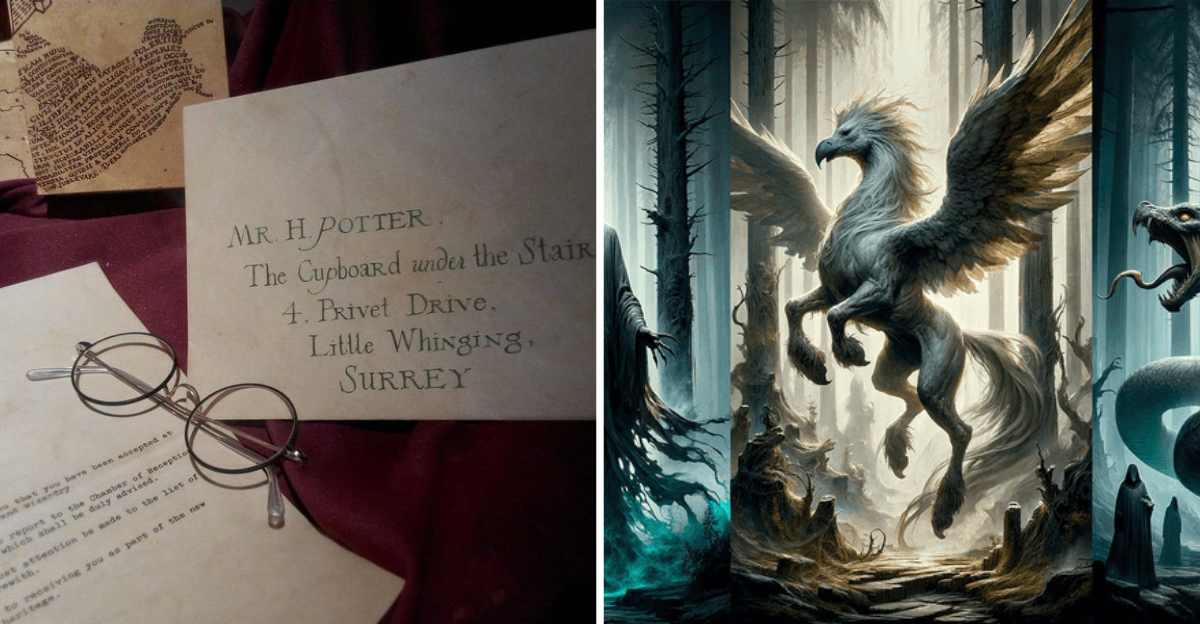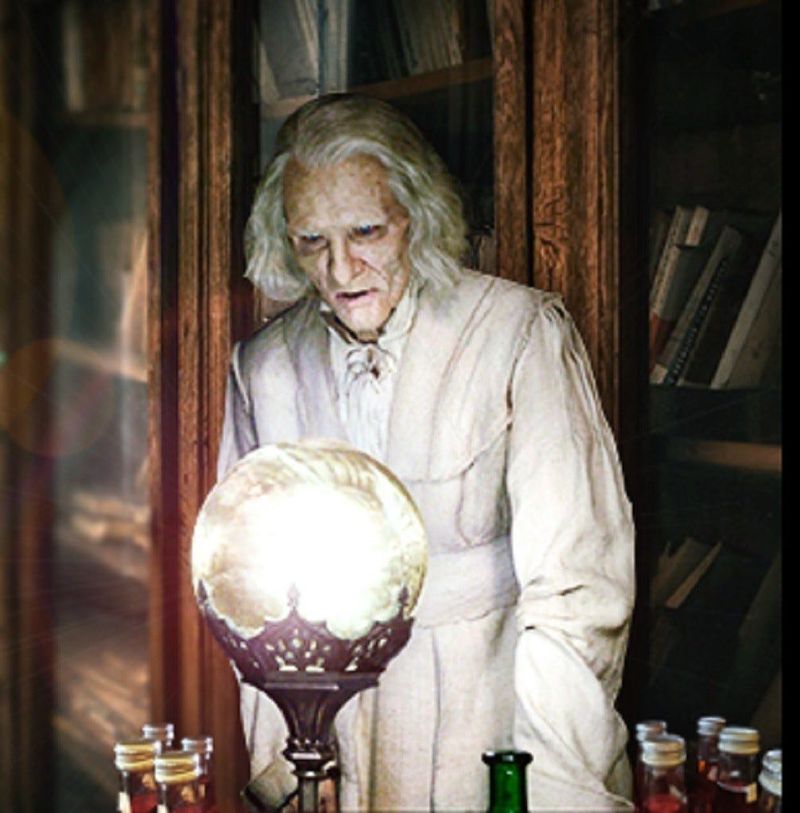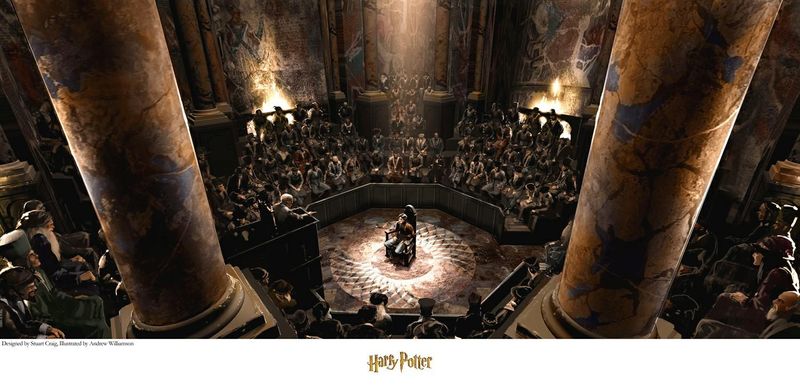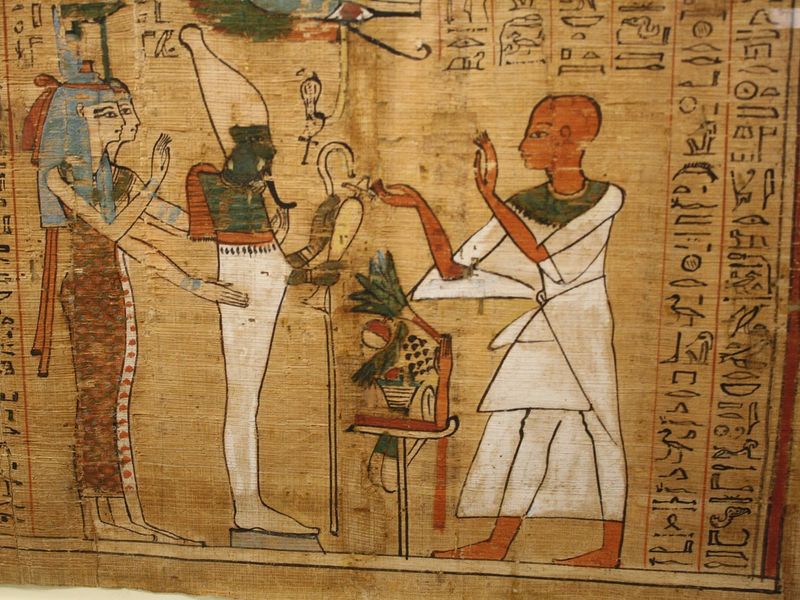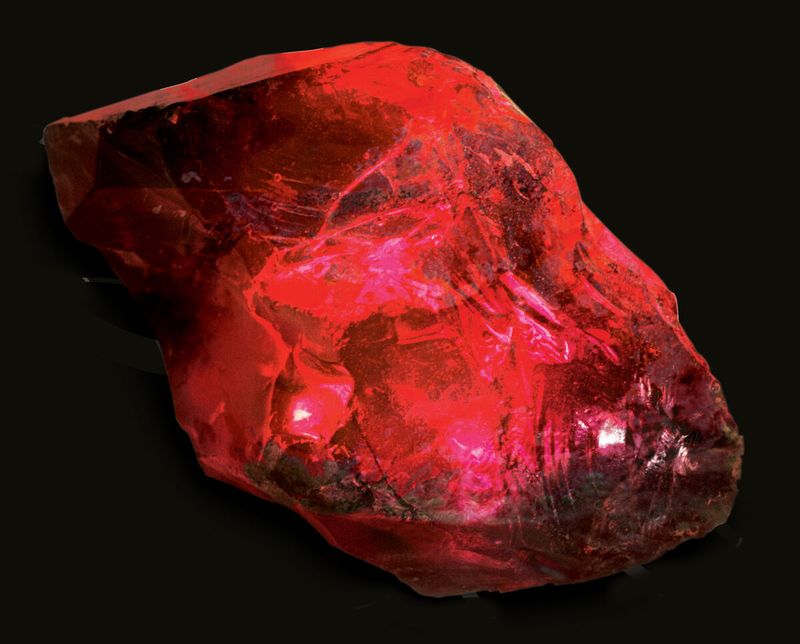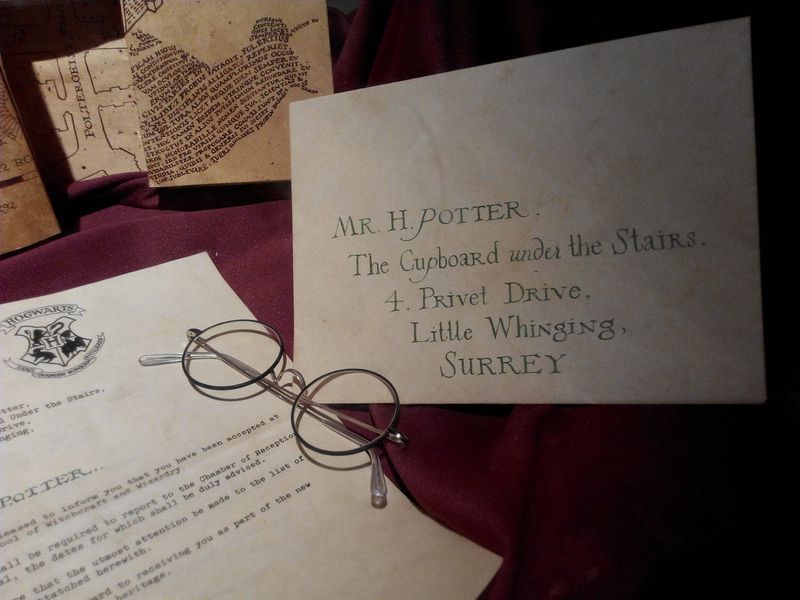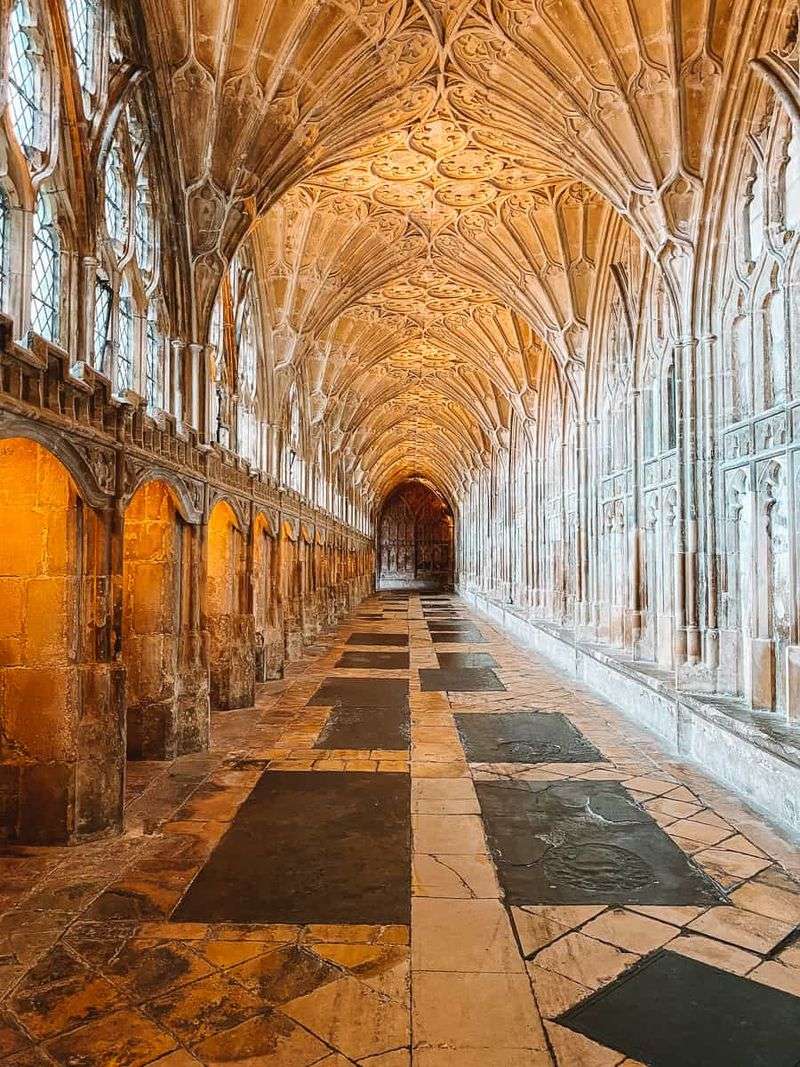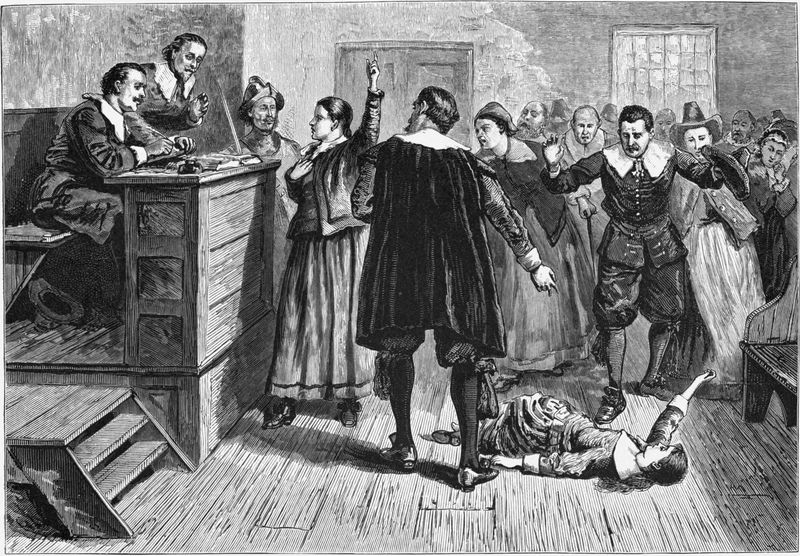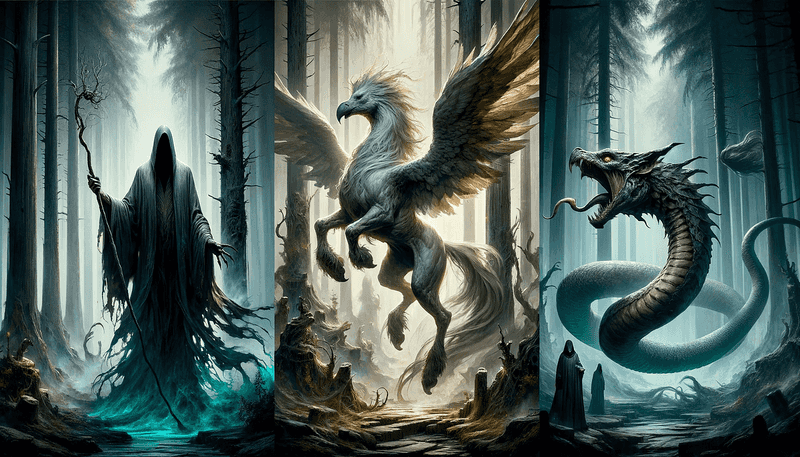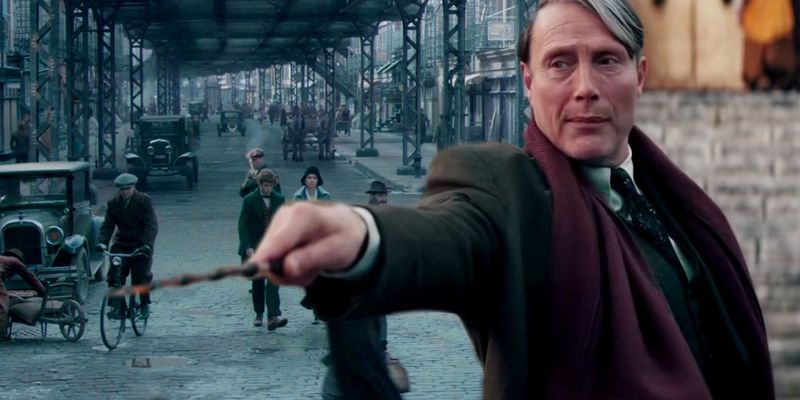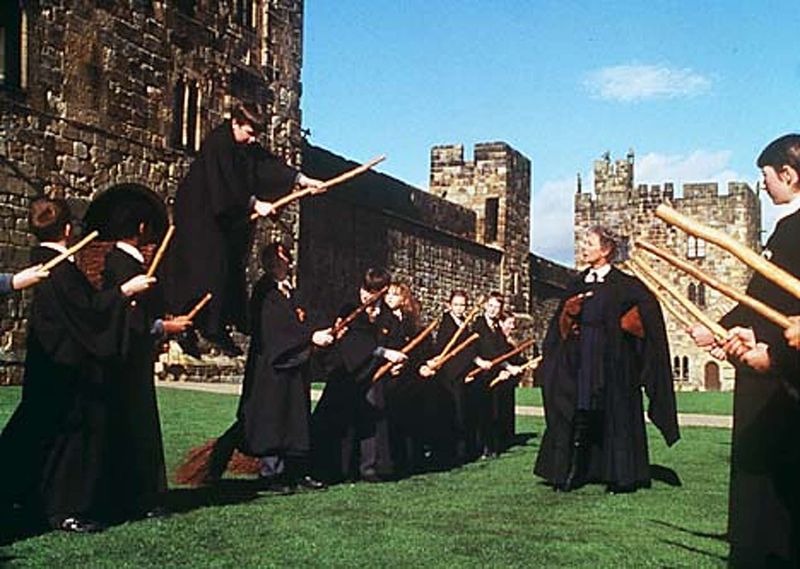The enchanting world of Harry Potter is not only filled with magical spells, creatures, and adventures but also incorporates a rich tapestry of historical references. J.K. Rowling, the author of the series, has intricately woven various elements from history into the narrative, providing depth and a sense of realism. In this blog post, we will explore ten fascinating historical references found in the Harry Potter series, each with its own unique story and significance.
Nicolas Flamel
Nicolas Flamel, the famed alchemist, is best known for creating the Philosopher’s Stone, a legendary substance said to grant immortality. In the Harry Potter series, Flamel’s character mirrors his historical counterpart, who lived in the 14th century and was rumored to possess the secret to eternal life. Flamel’s inclusion highlights Rowling’s ability to seamlessly blend myth with reality.
In history, Nicolas Flamel was believed to have achieved immortality through alchemy, a theme that aligns perfectly with the magical world. This connection piques readers’ curiosity about alchemical practices in the Middle Ages.
The Salem Witch Trials
The Salem Witch Trials, a series of hearings and prosecutions in the late 1600s, are alluded to in the Harry Potter universe. Although not directly referenced, the trials echo in the series through the persecution of witches and wizards in history.
The fear and hysteria surrounding witchcraft during the Salem era resonate with the wizarding world’s challenges. This historical parallel serves as a reminder of the consequences of mass hysteria and the importance of tolerance in society, offering readers a chance to reflect on history’s lessons.
Magic in Ancient Egypt
Magic and mysticism in Ancient Egypt have long fascinated historians and enthusiasts alike. In Harry Potter, references to Egyptian magic are seen through artifacts and magical practices. The use of hieroglyphics and ancient symbols in spells echoes the real-world beliefs of Egyptian magicians.
This connection enriches the narrative by drawing parallels between historical and fictional magic. It invites readers to explore the mystical allure of Egypt’s past, where magic was an integral part of life, enhancing the series’ depth and the authenticity of its magical lore.
Alchemy and the Philosopher’s Stone
Alchemy’s quest for the Philosopher’s Stone is a central theme in both history and Harry Potter. Historically, alchemists sought this mythical stone to transform base metals into gold and achieve immortality. Rowling’s portrayal of the stone captures its essence and allure.
By integrating alchemy, the series pays homage to the medieval science of transformation, sparking intrigue about its real-world pursuit. This reference serves as a bridge between fantasy and reality, illustrating how ancient practices continue to capture the imagination of audiences today.
The Inquisition
The Inquisition, a dark period of history known for its persecution of heretics, finds its echo in the Harry Potter series. The fear and punishment of those practicing magic parallel the real-world events of the Inquisition.
This historical reference underscores themes of power, control, and the fear of the unknown. It serves as a cautionary tale within the narrative, reminding readers of the dangers of unchecked authority and the importance of empathy and understanding in confronting different beliefs.
The Renaissance and the Revival of Magic
The Renaissance, a period of revival in arts and sciences, parallels the resurgence of magic in Harry Potter. This era, rich with discoveries, mirrors the awakening of magical knowledge in the wizarding world.
Rowling’s allusion to the Renaissance highlights a time of innovation and exploration, drawing a parallel to the magical discoveries in her series. This connection enriches the narrative, allowing readers to appreciate the blend of historical enlightenment with the enchanting revival seen in the world of Harry Potter.
Medieval Witch Hunts
Medieval witch hunts, marked by fear and persecution, are mirrored in the Harry Potter saga. The irrational fear of witchcraft during medieval times is reflected in the series’ portrayal of magical prejudice.
This historical reference serves as a reminder of past injustices and the consequences of ignorance. Through the lens of Harry Potter, readers are encouraged to learn from history, understanding the importance of acceptance and the dangers of societal fear driven by misinformation.
Greek Mythology and Magical Creatures
Greek mythology’s rich tapestry of gods and creatures serves as inspiration for many magical beings in Harry Potter. Creatures like centaurs and phoenixes draw directly from ancient Greek lore.
This historical reference adds depth to Rowling’s world, connecting readers to timeless myths that have shaped cultural storytelling. By weaving these mythological elements into her narrative, Rowling not only pays homage to ancient Greek culture but also enriches the magical landscape, offering a familiar yet wondrous exploration of mythical history.
World War II Influences
World War II’s influence on Harry Potter is evident through themes of tyranny and resistance. The series’ portrayal of dark powers and the fight against oppression echoes the global struggle against fascism.
Rowling cleverly draws parallels between Voldemort’s regime and historical dictatorships. This reference offers readers a deeper understanding of the sacrifices and courage needed to combat evil, making the magical battles resonate with real-world history, inspiring reflection on both past and present struggles for freedom.
The British Boarding School Tradition
The British boarding school tradition, with its rich history, is vividly portrayed in Harry Potter through Hogwarts. This setting reflects the esteemed educational institutions of Britain, complete with traditions, uniforms, and a sense of camaraderie.
Rowling captures the essence of boarding school life, blending it with a magical twist. This historical reference grounds the series in a recognizable reality, allowing readers to connect with the familiar while exploring the fantastical. The depiction of Hogwarts offers a nostalgic nod to British education, enriching the story’s cultural backdrop.
